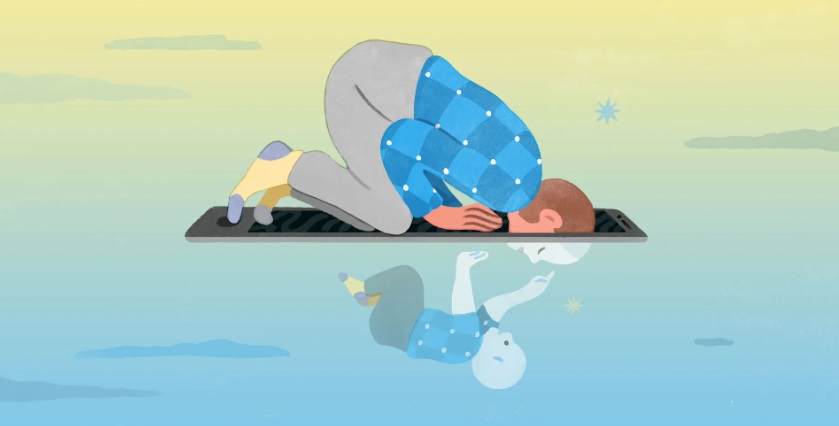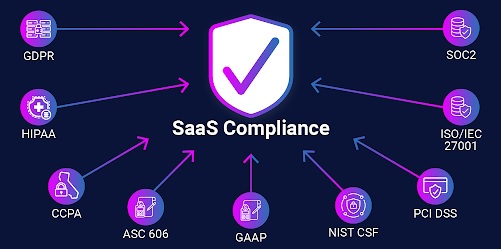
Social media has engulfed almost every human being in some way, if not entirely. It is almost difficult to see our lifestyles without the impact of social media, however, it has impacted our new gen kids the most and those who are about to be new adults. Let’s see how does it effects them and our society.
Attention Spans Shrinking: The constant barrage of short-form content on social media has led to a considerable decline in children’s attention spans. Studies show that the average human attention span now stands at eight seconds, down from twelve in 2000 – coinciding with the rise of smartphones and social media. As children grow accustomed to this fast-paced environment, they find it increasingly challenging to focus on longer tasks requiring deep concentration, such as reading books, writing essays, or solving intricate puzzles.
Misinformation Run Amok: An alarming consequence of social media usage is its role in spreading falsehoods and conspiracy theories. According to a Stanford study, nearly 82% of middle school students struggled to distinguish credible news sources from fake ones online. Inundated with sensational headlines and clickbait, children often fall prey to these fabrications due to insufficient critical thinking abilities. Consequently, they develop skewed worldviews based on misinformation instead of facts.

Breadth Over Depth: On social media, quantity frequently triumphs over quality, encouraging shallow engagement rather than deep learning experiences. Children are more likely to consume vast amounts of trivial information quickly, leaving little room for thorough comprehension or contemplation. A University of California research project discovered that college students who took notes using laptops had lower test scores compared to those taking handwritten notes, attributable to the tendency to transcribe verbatim instead of processing and summarising content.
Comparisons Compromising Confidence: Platforms like Instagram and TikTok foster a toxic culture of comparison, prompting children to evaluate themselves based on carefully crafted images presented by influencers and peers. Research suggests that excessive social comparisons result in decreased life satisfaction and increased depressive symptoms. Instead of investing energy in intellectual pursuits, children become preoccupied with seeking approval through likes and comments, thereby jeopardizing genuine intellectual growth.
Polarized Perspectives: Personalised algorithms governing content recommendation on social media platforms cultivate echo chambers, fortifying preexisting views while obstructing access to disparate opinions. By limiting exposure to contrasting ideas, children fail to appreciate multiple facets of issues, ultimately impairing their capacity for nuanced thought and problem-solving. Moreover, confirmation bias flourishes within these bubbles, further exacerbating ideological rigidity.
Diminishing Interpersonal Skills: Reduced opportunities for direct interaction owing to digital dependence have resulted in deteriorating interpersonal communication skills amongst youth. Mastery of nonverbal cues, empathy, and active listening – integral components of effective communication – wane without consistent practice. These deficiencies manifest as difficulties forming relationships and comprehending others’ emotions, both vital aspects of holistic intellectual development.
Psychological Harassment and Emotional Distress: Cyberbullying constitutes another grave risk associated with extensive social media consumption. Victims experience higher rates of anxiety, depression, sleep disturbances, and suicidal thoughts. Such persistent trauma significantly impacts cognitive functioning and overall well-being, overshadowing any potential benefits derived from educational content shared via these platforms.

Anxiety Inducing FOMO: Fear of Missing Out (FOMO), fuelled by ceaseless updates about friends’ activities, engenders feelings of restlessness and unease in children. To alleviate these anxieties, they feel pressured to maintain continuous connectivity, compromising their ability to relax, think deeply, and absorb new concepts effectively. Additionally, hypervigilance towards social media activity distracts learners during class hours, negatively affecting academic achievement.
Virtual Reality Versus Actuality: Filters, editing software, and idealized depictions prolific across various platforms contribute to warped self-perceptions amongst adolescents. Believing that they must conform to unattainable physical standards, many divert focus away from intellectual interests to body image obsessions. Furthermore, internalization of societal expectations related to appearance leads to dissatisfaction and reduced motivation towards intellectual endeavours.
Compulsion and Captivation: Instantaneous feedback mechanisms inherent to social media applications instigate addictive behaviours in susceptible individuals. Prevalence of ‘phantom vibration syndrome’, wherein individuals mistakenly believe their devices are buzzing, underscores the extent of captivation experienced by frequent users. Time spent immersed in virtual worlds comes at the expense of intellectual enrichment, contributing to stunted cognitive progression.




